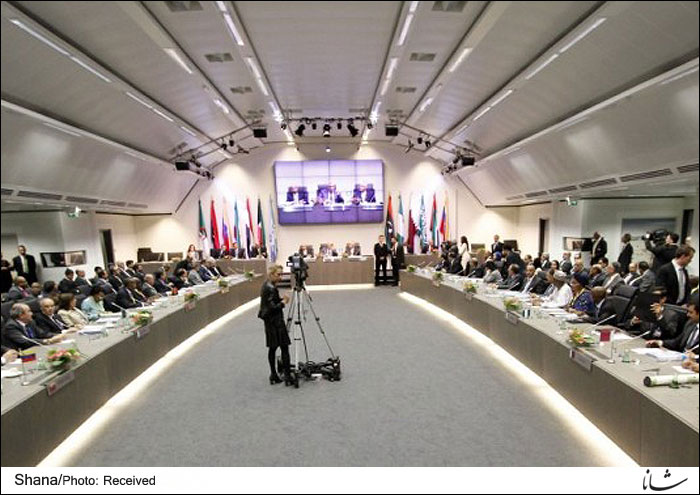Oil prices have fallen from 115 dollars per barrel in June to about 80 dollars now. Some believe OPEC is very divided about how to respond and even some go further stating others, outside of OPEC, are deciding on behalf of the organization.
Current downward trend of falling oil prices started from the day when Saudi Arabia decided to reduce its official selling price (OSP) to its customers in Asia Market and Iraq and Iraq followed suit.
Eugen Weinberg, head of commodities research at Commerzbank in Frankfurt has said that OPEC has recently focused its efforts on market share instead of defending prices.
Now on the verge of holding OPEC meeting and at a time when debates are escalating, a number of OPEC members believe in cutting production and some others believe in maintaining current ceiling output. But what is expected from OPEC is that the body proves that it is not just a symbolic body but is able to play a constructive role in the market through consensus.
Despite these circumstances, evidence shows that OPEC members have been able to manage tougher crises in the past including oil shocks and restore equilibrium in the market for the benefit of producers and consumers.


Your Comment